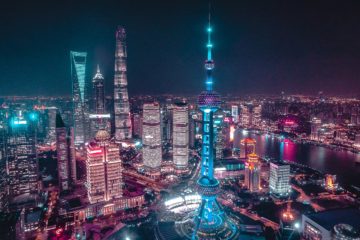 Ho-Fung Hung in Sidecar:
Ho-Fung Hung in Sidecar:
In the early 2010s, the economist Justin Lin Yifu, a former World Bank chief official with ties to the Chinese government, predicted that China’s economy would have at least two more decades of growth above 8%. He reckoned that since the country’s per capita income at that time was about the same level as Japan’s in the 1950s and South Korea’s and Taiwan’s in the 1970s, there was no reason China could not replicate the erstwhile successes of these other East Asian states. Lin’s optimism was echoed by the Western commentariat. The Economist projected that China would become the world’s biggest economy by 2018, surpassing the United States. Others fantasized that the Communist Party would embark on an ambitious programme of political liberalization. The New York Times’s Nicholas Kristof wrote in 2013 that Xi would ‘spearhead a resurgence of economic reform, and probably some political easing as well. Mao’s body will be hauled out of Tiananmen Square on his watch. Liu Xiaobo, the Nobel Peace Prize-winning writer, will be released from prison’. The political scientist Edward Steinfeld likewise argued in 2010 that China’s embrace of globalization would kickstart a process of ‘self-obsolescing authoritarianism’ resembling that of Taiwan in the 1980s and 90s.
Ten years later, the naivety of these forecasts is apparent. Even before the onset of Covid-19, the Chinese economy had slowed down and entered a domestic debt crisis, visible in the collapse of major real estate developers like Evergrande. After Beijing lifted all pandemic restrictions in late 2022, a widely anticipated economic rebound failed to materialize.
More here. Also see this piece by Michael Pettis from a decade ago.
